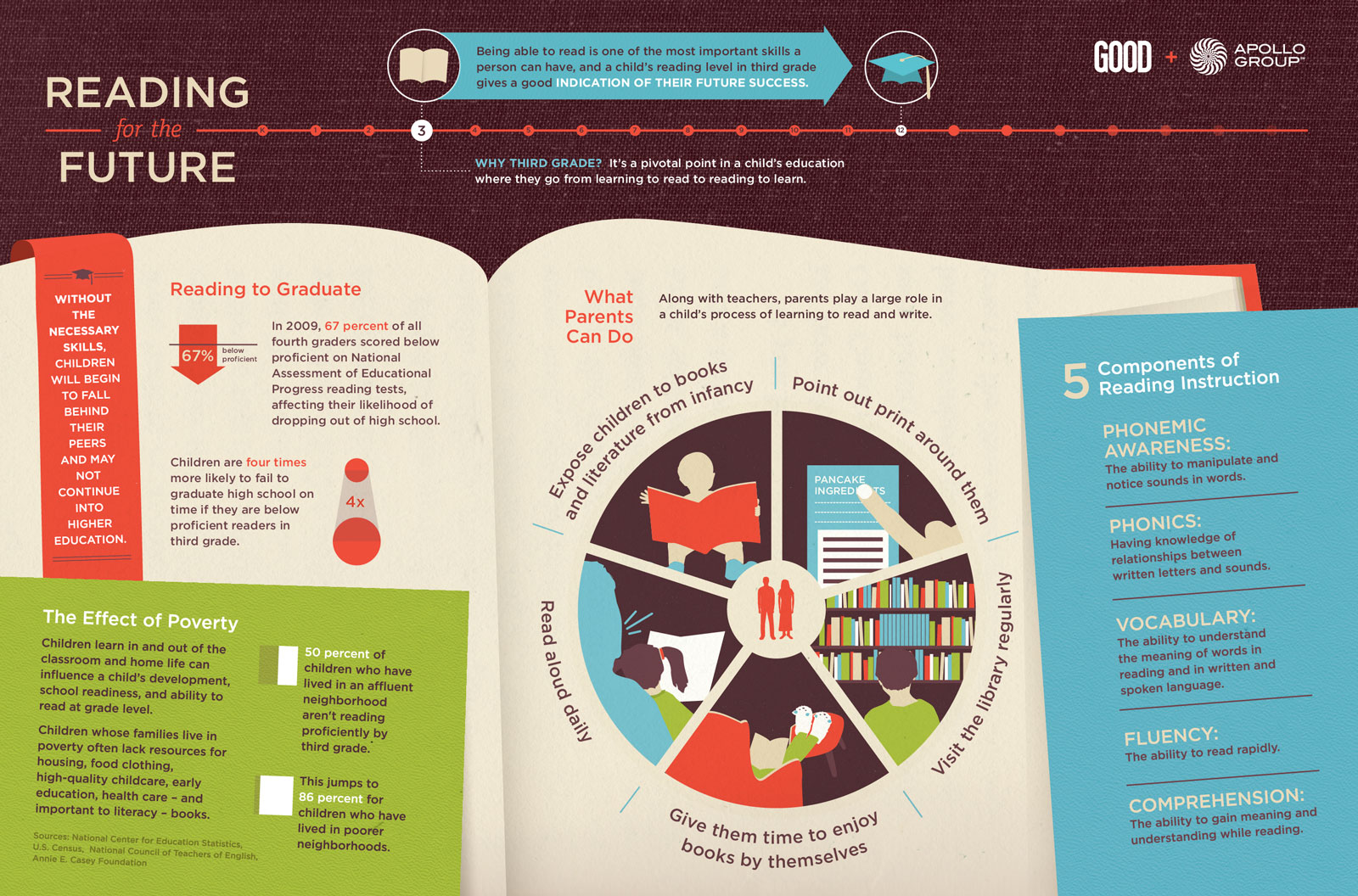
Many websites are designed to help your child with building language skills and improving communication.
Online games and resources are excellent tools to help children build language and vocabulary skills and prepare them for reading and speaking success for the future. Using the computer to access online resources, children of all speaking abilities can develop vocabulary skills, learn to distinguish certain sounds, begin to recognize letter shapes and their sounds, learn to follow directions and learn basic building blocks in sentence formation. Yes, the games and activities are so fun and you may not think they’re actually learning – but with our recommendations, rest assured these sites are teaching children skills for building language skills and future effective communication.




